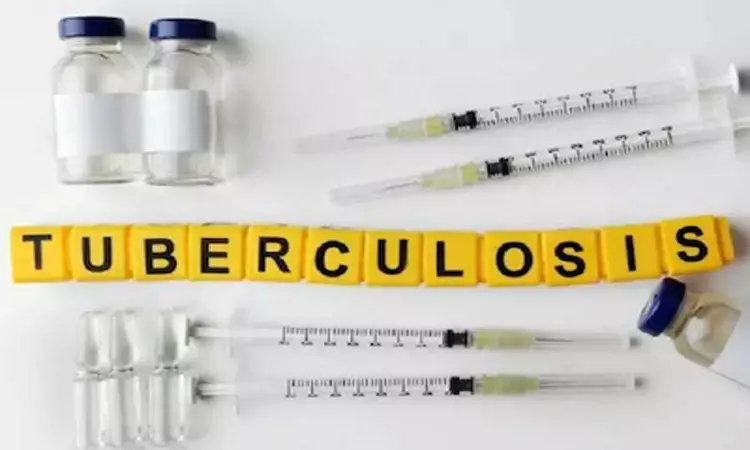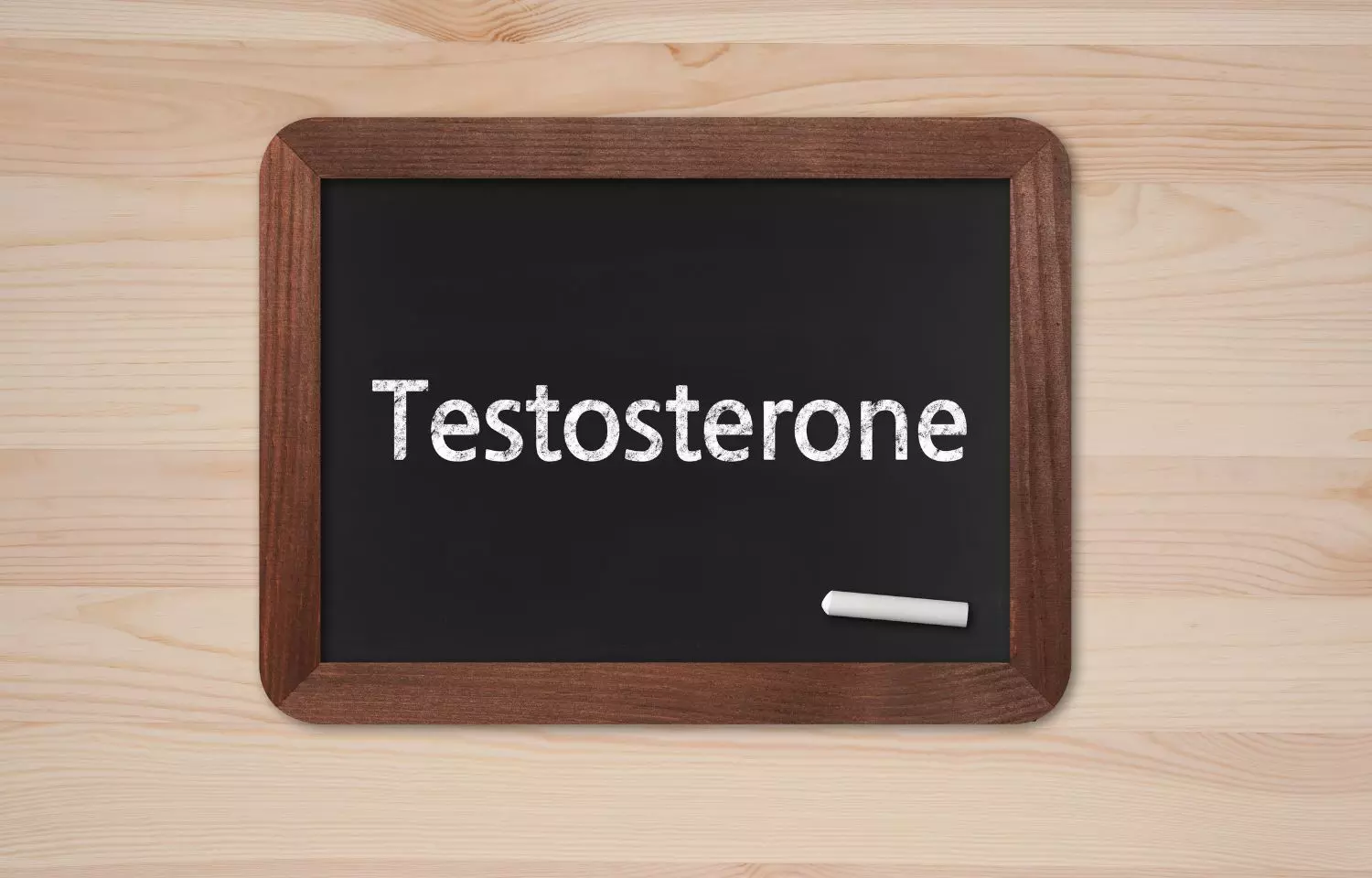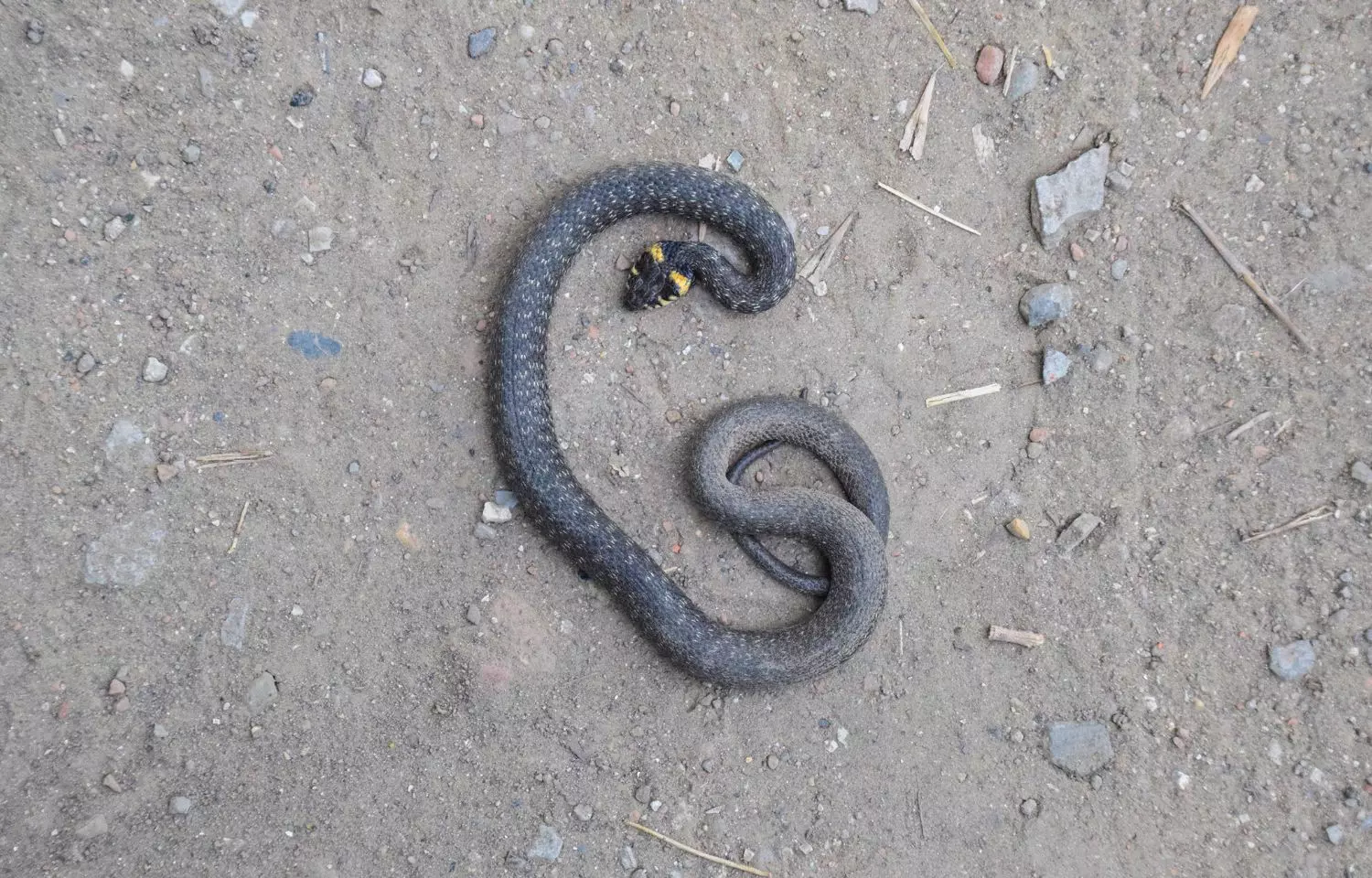- Home
- Medical news & Guidelines
- Anesthesiology
- Cardiology and CTVS
- Critical Care
- Dentistry
- Dermatology
- Diabetes and Endocrinology
- ENT
- Gastroenterology
- Medicine
- Nephrology
- Neurology
- Obstretics-Gynaecology
- Oncology
- Ophthalmology
- Orthopaedics
- Pediatrics-Neonatology
- Psychiatry
- Pulmonology
- Radiology
- Surgery
- Urology
- Laboratory Medicine
- Diet
- Nursing
- Paramedical
- Physiotherapy
- Health news
- Fact Check
- Bone Health Fact Check
- Brain Health Fact Check
- Cancer Related Fact Check
- Child Care Fact Check
- Dental and oral health fact check
- Diabetes and metabolic health fact check
- Diet and Nutrition Fact Check
- Eye and ENT Care Fact Check
- Fitness fact check
- Gut health fact check
- Heart health fact check
- Kidney health fact check
- Medical education fact check
- Men's health fact check
- Respiratory fact check
- Skin and hair care fact check
- Vaccine and Immunization fact check
- Women's health fact check
- AYUSH
- State News
- Andaman and Nicobar Islands
- Andhra Pradesh
- Arunachal Pradesh
- Assam
- Bihar
- Chandigarh
- Chattisgarh
- Dadra and Nagar Haveli
- Daman and Diu
- Delhi
- Goa
- Gujarat
- Haryana
- Himachal Pradesh
- Jammu & Kashmir
- Jharkhand
- Karnataka
- Kerala
- Ladakh
- Lakshadweep
- Madhya Pradesh
- Maharashtra
- Manipur
- Meghalaya
- Mizoram
- Nagaland
- Odisha
- Puducherry
- Punjab
- Rajasthan
- Sikkim
- Tamil Nadu
- Telangana
- Tripura
- Uttar Pradesh
- Uttrakhand
- West Bengal
- Medical Education
- Industry
Severe Toxicity reported in MDR-TB patients with Linezolid >2mg/L, study finds.

A recent study revealed that >2mg/L concentrations of Linezolid are associated with the development of treatment-emergent toxicity in patients treated for Multi drug resistant Tuberculosis (MDR-TB). The study was published in the journal Clinical Infectious Diseases, 2022.
MDR-TB when treated with Linezolid is characterized by high rates of adverse events. The evidence on therapeutic drug monitoring to predict toxicity is scarce. Researchers conducted a study to evaluate the association of linezolid concentrations with severe toxicity.
The study was conducted between 2011 and 2017. It was a retrospective assessment of consecutive patients on Linezolid for MDR-TB. Severe mitochondrial toxicity (SMT) due to linezolid, defined as neurotoxicity or myelotoxicity leading to drug discontinuation was the primary outcome. The impact of plasma linezolid trough concentrations >2 mg/L was assessed in multivariate Cox proportional hazards models including time-varying covariates.
The key findings of the study were:
- SMT occurred in 57 of 146 included patients (39%) at an incidence rate of 0.38 per person-year (95%CI 0.30-0.49).
- A maximum linezolid trough concentration >2 mg/L was detected in 52 patients (35.6%), while the mean trough concentration was >2 mg/L in 22 (15%).
- The adjusted hazard ratio for SMT was 2.35 (95%CI 1.26–4.38, p = 0.01) in patients with a mean trough concentration >2 mg/L and 2.63 (95%CI 1.55–4.47, p < 0.01) for SMT after the first detection of a trough concentration >2 mg/L.
- In an exploratory analysis, higher maximum trough concentrations were dose-dependently associated with toxicity, while lowering of elevated trough concentrations did not restore baseline risk.
Thus, the researchers concluded that Linezolid trough concentrations >2 mg/L are strongly associated with the development of severe treatment-emergent toxicity in patients treated for MDR-TB. They further added that for any patient with trough concentrations above 2 mg/L an individual risk-benefit assessment on the continuation of linezolid treatment is warranted.
For the Full Article, Click here: https://doi.org/10.1093/cid/ciac485
BDS, MDS
Dr.Niharika Harsha B (BDS,MDS) completed her BDS from Govt Dental College, Hyderabad and MDS from Dr.NTR University of health sciences(Now Kaloji Rao University). She has 4 years of private dental practice and worked for 2 years as Consultant Oral Radiologist at a Dental Imaging Centre in Hyderabad. She worked as Research Assistant and scientific writer in the development of Oral Anti cancer screening device with her seniors. She has a deep intriguing wish in writing highly engaging, captivating and informative medical content for a wider audience. She can be contacted at editorial@medicaldialogues.in.
Dr Kamal Kant Kohli-MBBS, DTCD- a chest specialist with more than 30 years of practice and a flair for writing clinical articles, Dr Kamal Kant Kohli joined Medical Dialogues as a Chief Editor of Medical News. Besides writing articles, as an editor, he proofreads and verifies all the medical content published on Medical Dialogues including those coming from journals, studies,medical conferences,guidelines etc. Email: drkohli@medicaldialogues.in. Contact no. 011-43720751




